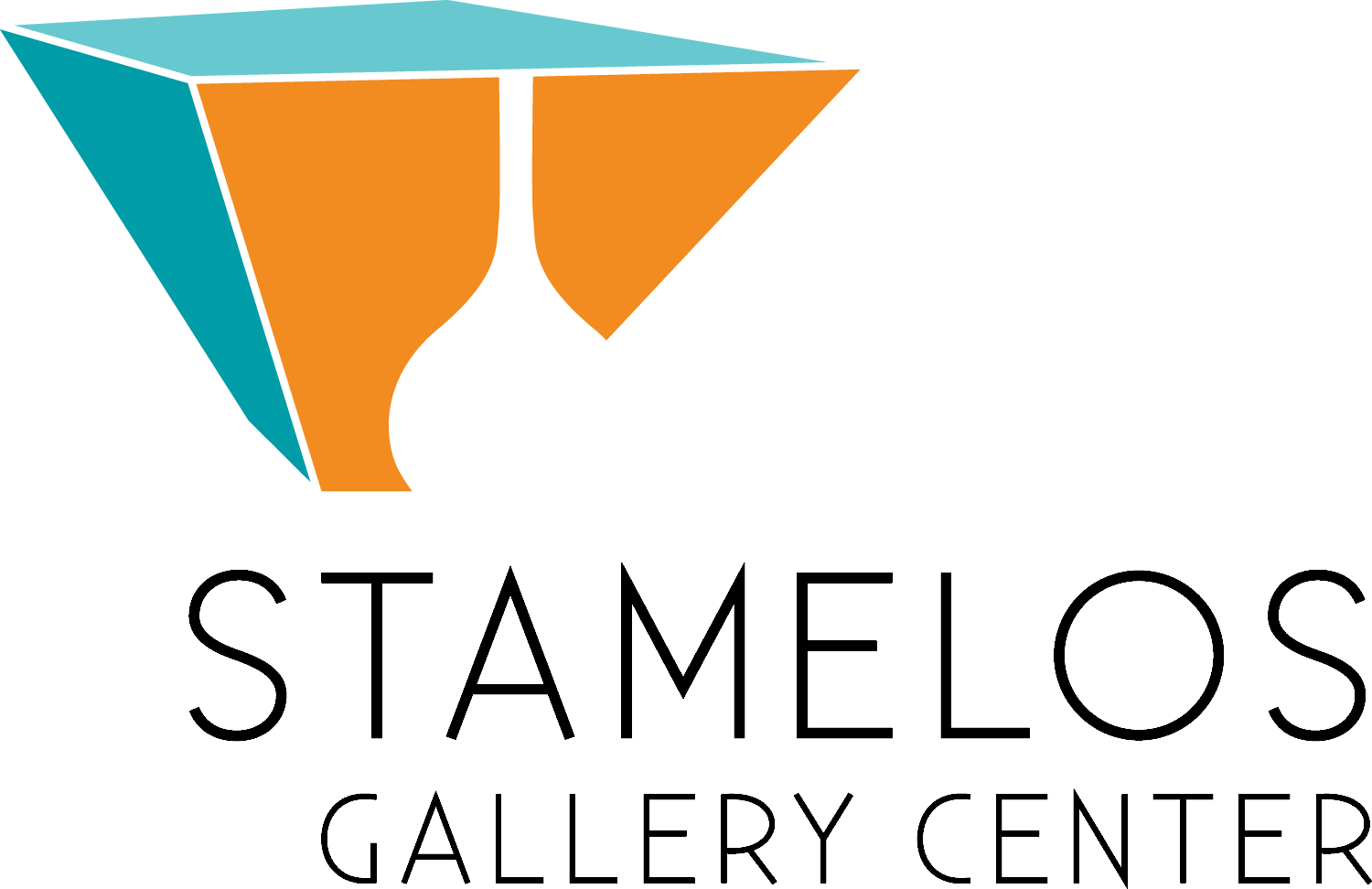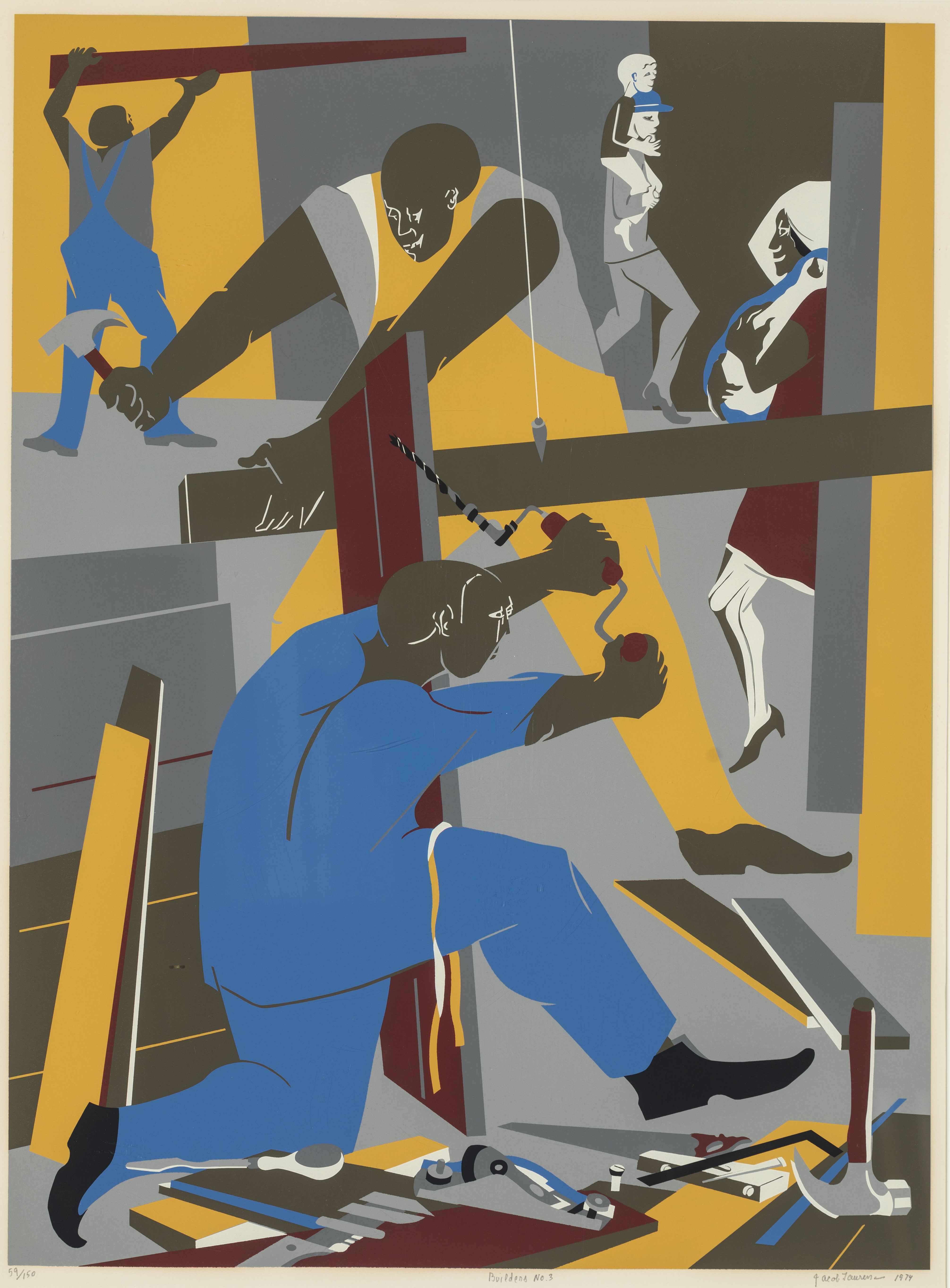

The Alfred Berkowitz Gallery is proud to host its annual open competition. This exhibition showcases and celebrates Michigan artists and promotes the resources of the University of Michigan-Dearborn to diverse audiences. The competition is open to all media and artistic styles.
Juror
Frederick Birkhill will serve as this year's juror. Frederick Birkhill is an independent studio artist internationally renowned for his work in glass. His present focus is in another medium: egg tempera painting. www.frederickbirkhillstudio.com
Mr. Birkhill was raised in Dearborn, Michigan. He then went on to study at Eastern Michigan University (B.S.), The University of Michigan, Ann Arbor (B.F.A.), The Burleighfield House (England) with Patrick Reyntiens and Ludwig Schaffrath, The College for Creative Studies with Herb Babcock, Independent Study with Kurt Wallstab (Germany), The Corning Museum of Glass (Juried workshop with William Gudenrath), and with numerous other artists in Europe and the United States. Mr. Birkhill’s work can be found in numerous public and private collections around the world. The University of Michigan-Dearborn has the most extensive collection of his work in glass.

Jurying Process
The juror accepts works for the competition by reviewing all submitted digital images. The accepted works are then juried in the gallery for awards.
Eligibility
Artists 18 years of age or older, living or working in Michigan. Works completed in the last two years will be considered. Two- and three-dimensional works are eligible. The gallery cannot accommodate performance, installation, or electronic media works. Works previously shown at UM-Dearborn will not be considered.
Entry Procedure
Submissions are only accepted by digital images on a CD (compact disc). NOTE: CDs will not be returned. Submit digital images in jpg format. Size and resolution: 1800 pixels for the largest dimension; 300 dpi. Submit digital images in the orientation in which the artwork will be hung. Please submit CD with files labeled: Last name_First name_A and Last name_First name_B
Entry Fee (non-refundable)
An entry fee of $40 per artist permits submission of two entries. Checks should be made payable to "University of Michigan-Dearborn."
Complete entry form and mail with CD and entry fee to:
Entries postmarked after May 12, 2016 will be returned unopened.
Agreement
Submission of work(s) to the juror constitutes compliance with all the conditions stated herein. The juror's decision is final. Accepted works will remain as placed by staff and may not be withdrawn until the close of the exhibition.
If accepted into the show, please consider the following:Liability
Works will be handled in a professional manner. The Alfred Berkowitz Gallery/UM-Dearborn will be responsible for works in our keeping through the entry processing and exhibition period (June 17 - Aug 27, 2015.) Works left after August 27 are at the artist's risk.
Publication
UM-Dearborn reserves the right to photograph and reproduce all entries accepted into the exhibition. Such reproductions will be used for promotional and educational purposes only.

Jacob Lawrence (1917-2000), Serigraph print, 1974
Gift of Gilbert M. Frimet,
Collection of UM-Dearborn (1980.065)
Photographed by Tim Thayer
This powerful serigraph print from the permanent collection was created by Jacob Lawrence (1917-2000), one of this century's most widely acclaimed artists.
Lawrence was born in Atlantic City, New Jersey, but moved to Harlem, New York, at 13. He is among the few painters of his generation who grew up in a Black community, received instruction primarily from Black artists, and was influenced by the experiences of Black individuals.
Lawrence's artwork portrays the lives and struggles of the Black community, capturing their experiences through several series focused on figures such as Toussaint L'Ouverture, Frederick Douglass, and Harriet Tubman, as well as themes related to life in Harlem and the civil rights movement of the 1960s. His style is characterized by vibrant colors and abstract forms.
In the 1940s, during a time of widespread segregation, Lawrence broke racial barriers by becoming the first Black artist whose work was acquired by the Museum of Modern Art in New York City.
He stated, "If at times my productions do not express the conventionally beautiful, there is always an effort to express the universal beauty of man's continuous struggle to lift his social position and to add dimension to his spiritual being."
Researched and written by:
Julianna Collins, Stamelos Gallery Center former intern, UM-Dearborn art history/museum studies graduate, Class of 2025